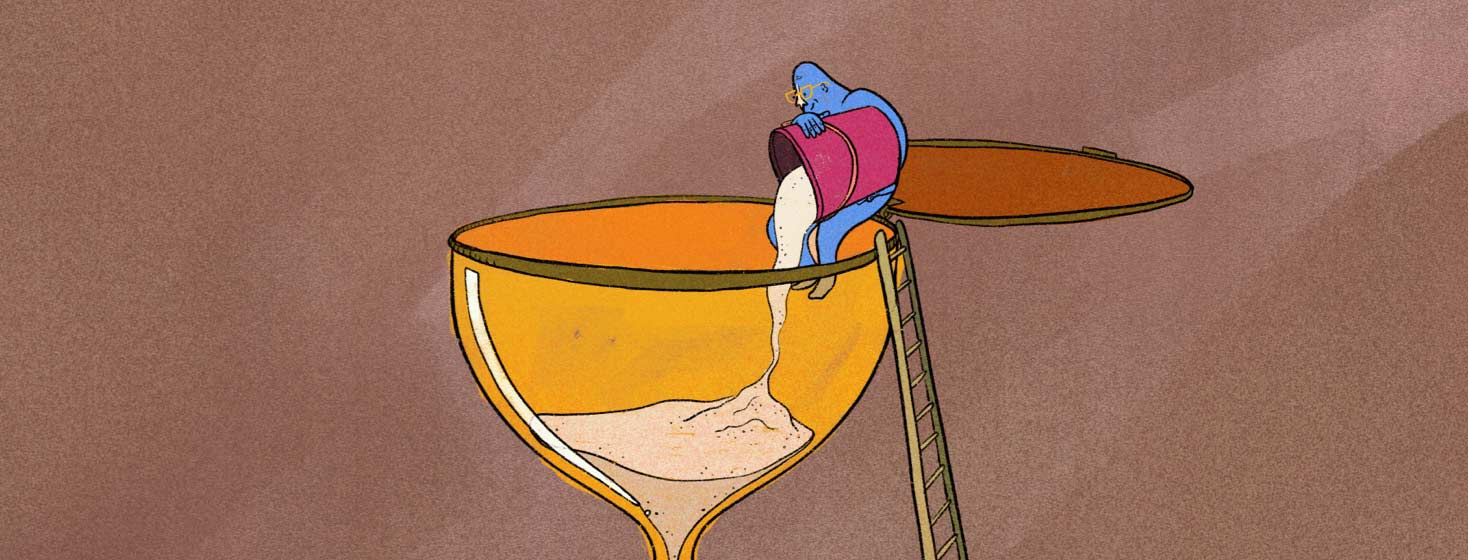More Harm Than Good
I’m heartily sick of arguing for PSA testing/screening with healthcare professionals who are rabid anti-PSA testers. They constantly quote guidance made in 2012 from the United States Preventive Services Task Force (USPSTF), which recommended against PSA screening for all men. (That guidance has since been updated to take a more neutral stance on PSA testing).1
The incidence of prostate cancer dropped after the 2012 recommendation, but more men are being diagnosed too late at stage 4 when their cancer is, like mine, incurable.3,4
A high PSA does not always mean radical treatment
The diagnostic pathway has, however, improved out of all recognition since then. Active surveillance has helped men with low-risk cases avoid radical treatment. Typically men with a raised PSA used to proceed directly to transrectal biopsies with inherent risks associated with that procedure. Nowadays a high PSA reading may lead to the better guided transperineal biopsy, which has a lower risk of sepsis, etc.5,6
It seems quite clear to me that the modern diagnostic pathway reduces the alleged harms, but I find the anti-PSA testers aren’t satisfied and call for longterm studies to “prove” that harm is reduced. “Show us the data” they say. Yet doing nothing and waiting for that data means that, in the UK alone, another estimated 12,000 men each year could die of prostate cancer. A 10-year study would mean we’d see another 120,000 deaths, many of which are avoidable. That simply isn’t acceptable!2
Featured Forum
View all responsesThe consequences of a late diagnosis
What the brigade against PSA testing don't seem to consider enough, in my opinion, is the harm caused by late diagnosis and. And as a man diagnosed too late, I know what those harms look like!
In my own case I’m living with the full range of side effects from chemical castration, including debilitating fatigue, emasculation as a man and an athlete, weight gain, reduced muscle mass and bone density, significant loss of self-esteem and body image. Then we turn to the mental aspects that led to me having a complete breakdown due to thinking way too much about dying and not enough about the joy of living. Mood swings make me more difficult to live with for sure.
The costs
But let’s drill even deeper. The cost of keeping me alive, to my medical insurers initially and the NHS more recently, has to be in excess of £300,000 to date and currently runs at around £25,000pa. That will only get worse as my health ultimately deteriorates and much more expensive treatments are needed to prolong my life.
Then the cost to my wife and I in financial terms has been huge. I had to make difficult decisions to sell business assets, that I wouldn’t ordinarily have chosen too, at a time when their values were so low that I lost several hundred thousand pounds. My income also fell significantly, and it’s a good job we’d been prudent, as we now live off savings. As of my writing this, our home of 31 years is on the market, as we can’t afford to stay here anymore. It’s not a great time to be selling for sure.
Overdiagnosis vs late diagnosis
Let me therefore pose a question. Is the historical potential alleged harm from overdiagnosis worse than the harm of late diagnosis?
I know that I’m biased by my personal circumstances, but my personal view is that late diagnosis has horrendous consequences that can be worse than the potential adverse consequences of overtreatment. For goodness sakes let’s get on and save some of those thousands of lives that are lost each year!
I’m interested to hear from anyone who has been diagnosed with prostate cancer and really regrets being overtreated. Please do respond with your thoughts.

Join the conversation